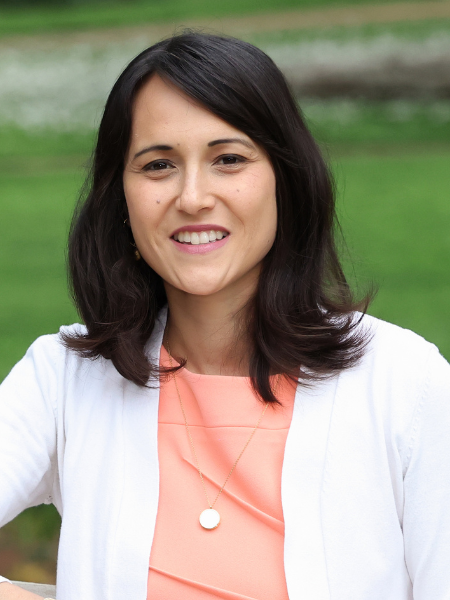The Vanderbilt Project on Prosecution Policy (VPOPP) is a nonpartisan network of prosecutors, researchers, students, and other stakeholders dedicated to improving individual and collective outcomes in the criminal justice system. The Project supports communities that traditionally have been overlooked by national policy centers. Through trainings, research, conferences, and technical assistance, VPOPP engages criminal justice leaders, particularly prosecutors in the South, to develop and implement policies and programs that reduce unnecessary incarceration and promote public safety.
VPOPP is housed in Vanderbilt Law’s Criminal Justice Program and collaborates closely with highly experienced and respected Vanderbilt Law faculty members affiliated with the program.


